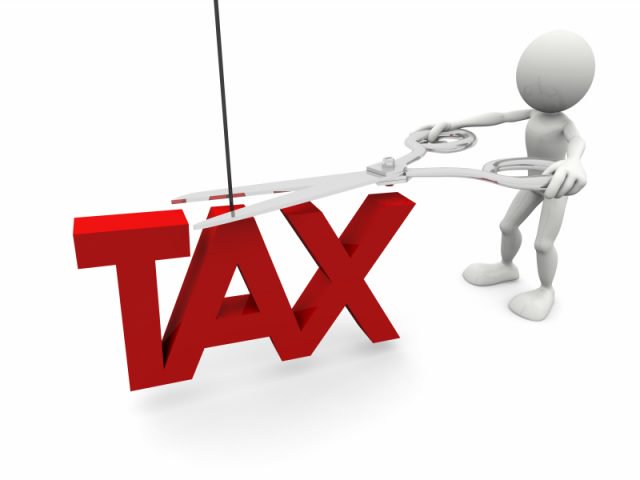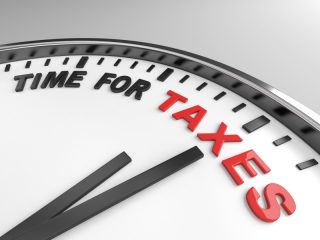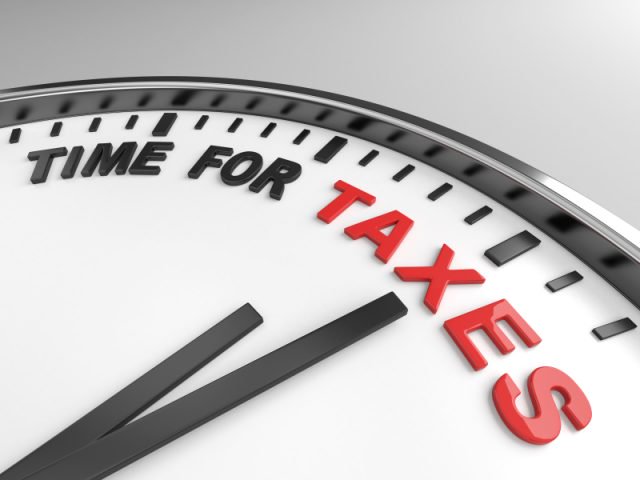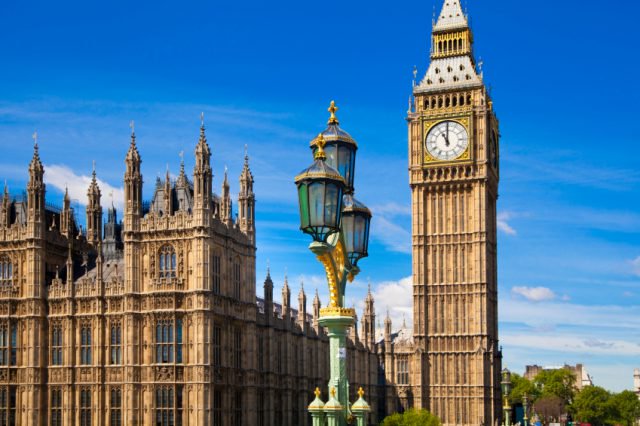Tax Changes will Drive Much-Needed Landlords from the Sector, Says Report
Recent buy-to-let tax changes will drive the country’s much-needed private landlords from the private rental sector, according to a new report from the London School of Economics (LSE).
The Taking Stock document also claims that some landlords will pass their increased costs onto tenants, which will stretch household budgets and push homeownership further out of reach.
The report analyses the private rental sector and its importance to the UK housing market.
Although the Government has focused on improving the institutional build-to-rent sector, the report insists that small private landlords will continue to be the backbone of the private rental sector.
The LSE believes that demand for private rental housing will continue to grow, and to meet this, there must be investment in the sector.

Tax Changes will Drive Much-Needed Landlords from the Sector, Says Report
However, it notes that landlords in the UK are already treated less favourably for tax purposes than many other countries, ahead of further clampdowns.
These measures include a 3% Stamp Duty surcharge on buy-to-let properties, the removal of the Wear and Tear Allowance, and a reduction in mortgage interest tax relief.
We have expert advice from Nova Financial’s Paul Mahoney on how to factor these changes into your business: /contrary-to-popular-belief-buy-to-let-is-not-dead-insists-finance-firm/
The authors of the Taking Stock report, Kath Scanlon, Christine Whitehead and Peter Williams, reveal that the private rental sector has more than doubled in the last 15 years, now accounting for around one-fifth of all housing.
Despite Government initiatives to encourage institutional investment, the majority of homes are owned by small landlords with just one or two rental properties.
“Even if institutional investors enthusiastically enter the market, individual landlords will remain dominant – as they are across Europe,” says the report. “Shrinking the sector therefore does not seem a sensible way forward, given what we know about unmet demand and need.”
Regardless of buy-to-let tax changes, the authors suggest that demand for private rental housing will continue to grow, with individual landlords remaining the main providers. They raise concerns over whether there will be sufficient landlords to meet continuing growth in tenant demand.
However, the LSE believes that the growth of buy-to-let is in part due to low returns in other asset classes, which is likely to continue. Additionally, it states that high house prices and large deposit requirements make it unlikely that young households will be able to purchase their own homes, which will further increase their reliance on the private rental sector.
Scanlon says: “There have been a number of recent changes in the tax treatment of small landlords, and more generally in the tone of policy discussion about the private rented sector.
“These decisions seem to reflect anecdotal rather than hard evidence, as there is a striking lack of data about landlords and their business models. The current Government favours institutional landlords, but even if that part of the sector were to grow rapidly, small landlords would still be the backbone of the industry.”
She insists: “We need a private rented sector that works for the long term with policies that reflect the housing challenges the UK faces.”






